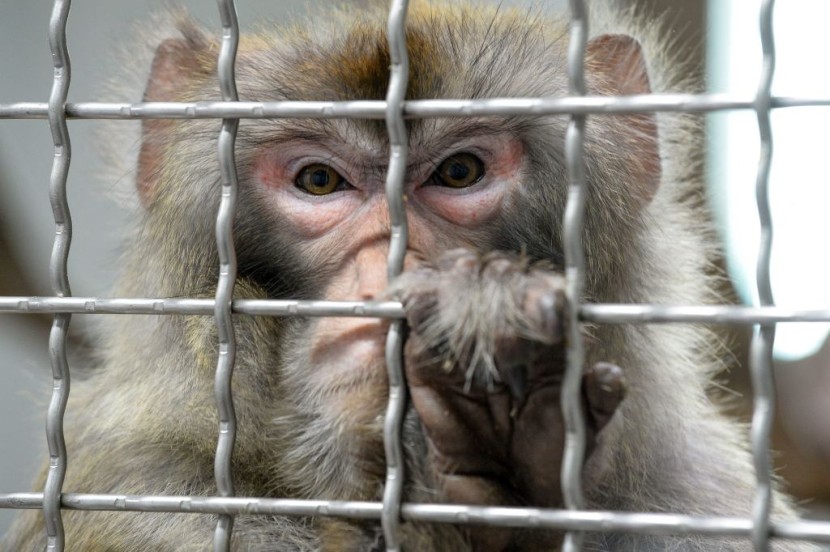There is a shortage of research monkeys in the US, which calls for expanding the country's breeding program to reduce reliance on international suppliers.
Studies using nonhuman primates, especially monkeys, have been helpful in lifesaving medical vaccines, such as vaccines against COVID-19. This is because monkeys have many similarities to people.
What Panel Asks?
The US funds colonies at national primate centers, but supplies were needed; hence, more animals were imported regularly even before the pandemic, as reported by AP News.
China, once a leading supplier, ended exports of research monkeys in 2020. Also, in 2022, the US filed charges to stop a Cambodian smuggling ring accused of shipping endangered wild monkeys instead of those bred for research, which limits supplies even more.
A scientific advisory panel reports that only research funded by the National Institutes of Health is critical to responding to public health emergencies. The panel also called for more development of alternatives to money texting. For now, they urged better scientific collaboration to use each research animal best.
Use of Animals in Biomedical Research

The panel is asking for better scientific collaboration to make the best use of each research animal and to develop alternatives to money texting in biomedical research. They also highlighted the importance of research funded by the National Institutes of Health in responding to public health emergencies.
Using animals in biomedical research is controversial, with strong arguments on both sides. While some argue that animal testing is necessary for developing and advancing medical treatments, others believe it is unethical and cruel.
However, one thing that cannot be denied is the critical role that animal research has played in numerous breakthroughs across various fields.
From developing vaccines against deadly diseases like polio to discovering new cancer therapies, animal models have been instrumental in advancing our understanding of human health.
That being said, there are concerns about how these animals are treated during experimentation. The scientific advisory panel's call for better collaboration among researchers can help ensure that each test subject is used as efficiently as possible while minimizing unnecessary harm or suffering.
Furthermore, exploring alternative methods such as computer simulations or organ-on-a-chip technology could reduce reliance on live animals altogether. This would benefit animal welfare and offer more accurate results without ethical dilemmas surrounding testing on living beings.
While the use of animals remains an essential aspect of biomedical research today, there must be continuous efforts towards finding ways to minimize their usage through enhanced collaboration between scientists and exploration into alternative techniques - all aimed at ensuring maximum efficiency without compromising ethics or quality outcomes from experiments conducted using this methodology.
Related Article : Plague: Disease-Heavy Areas In US Narrowed By Research
© 2026 HNGN, All rights reserved. Do not reproduce without permission.








